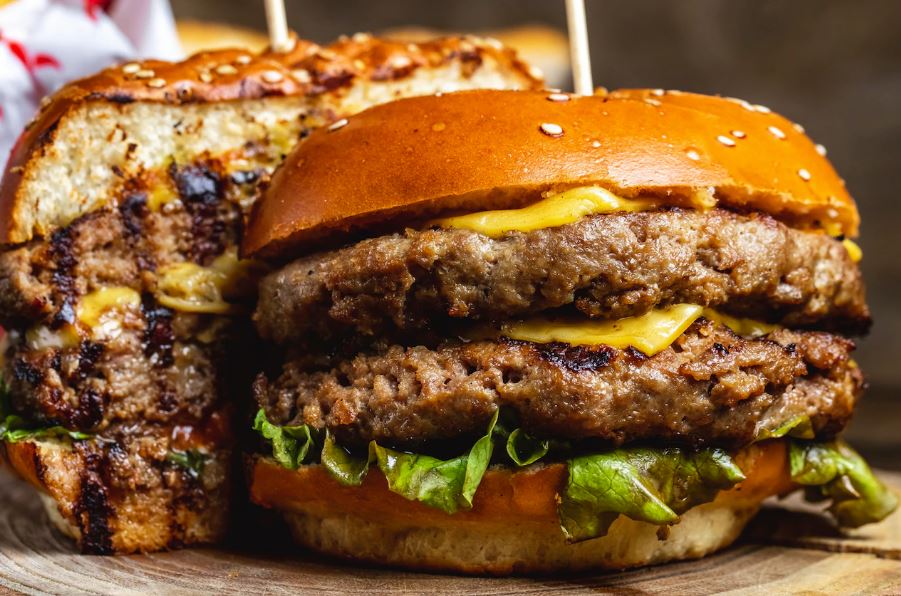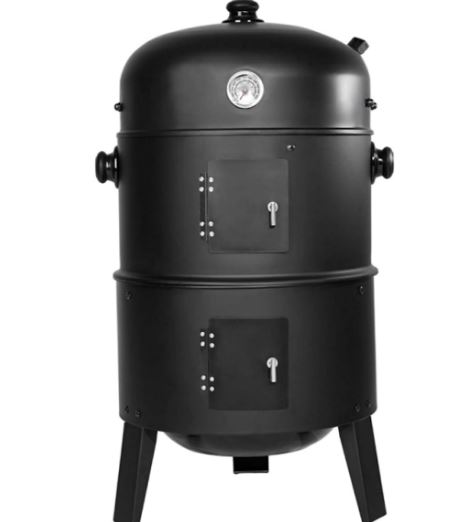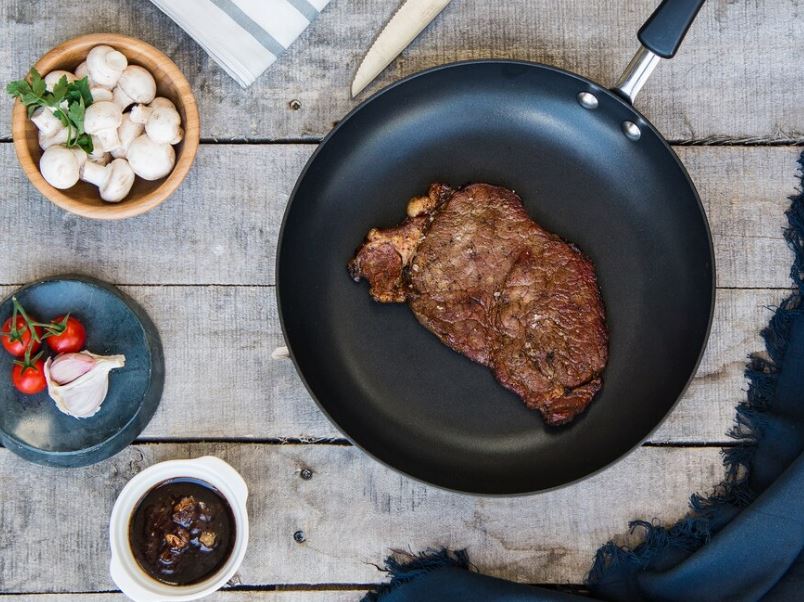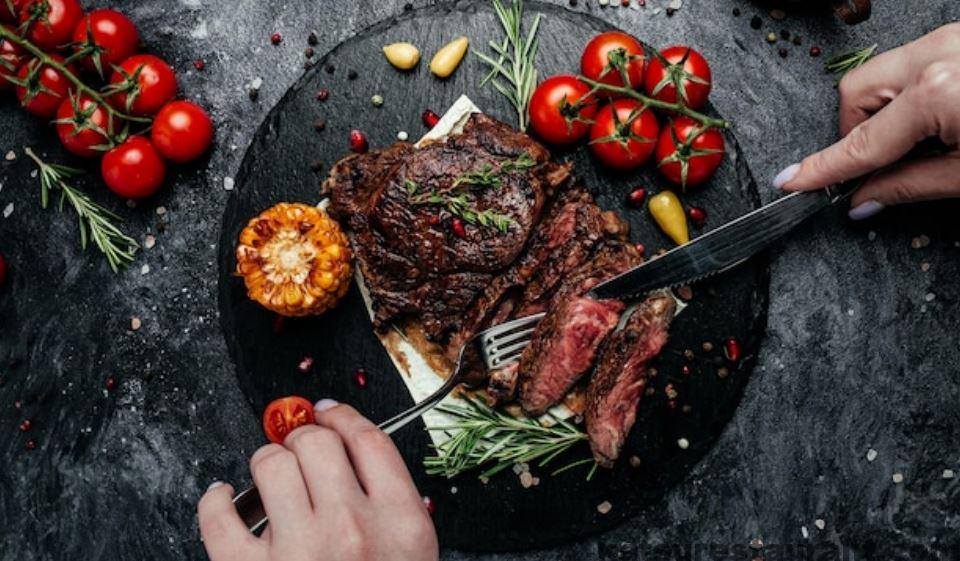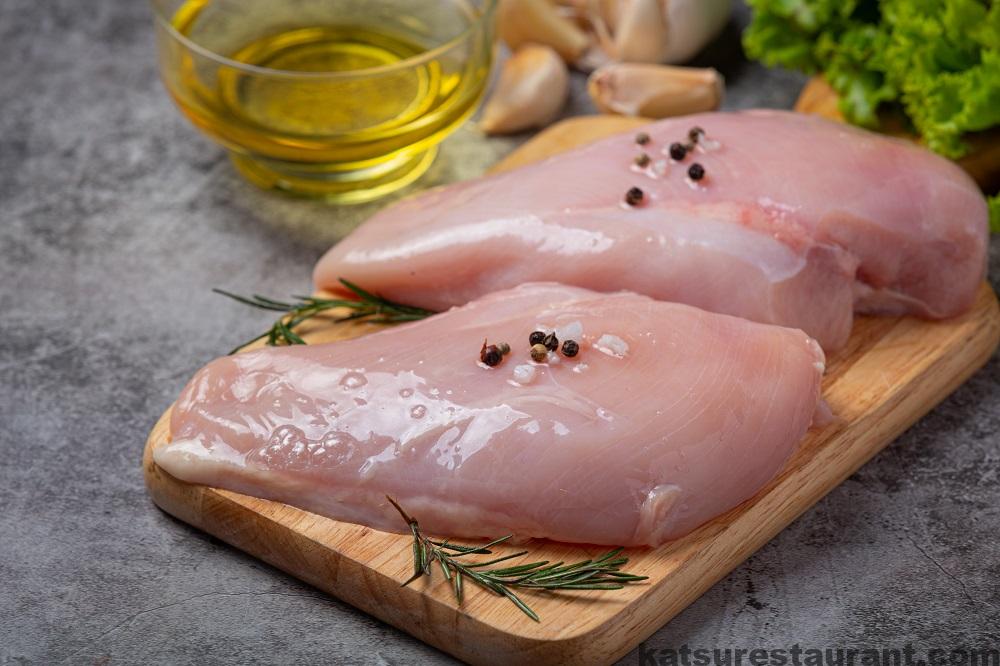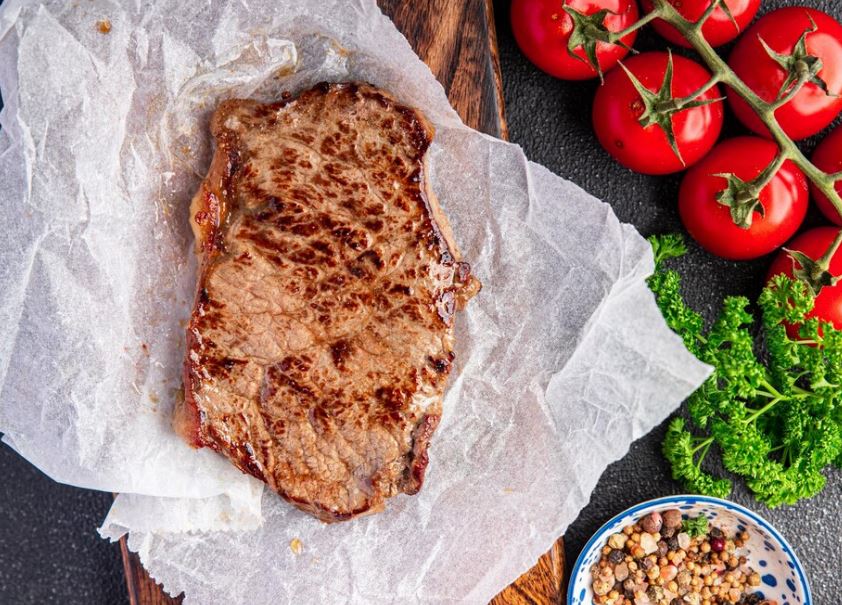Confused about how long cooked pork can last in the fridge and freezer? If so, you’re not alone! Many of us have questions about food safety when it comes to meat, specifically with pork. From pan-fried cutlets to pulled-pork sandwiches – there is a big question looming: How long will my cooked pork be good for before it’s time for the trash can? Katsurestaurant will answer that very question and provide some helpful tips on storing your cooked pork once you’ve finished cooking. With this information on hand, you can rest assured knowing that all of your delicious dishes will remain safe and fresh until it’s time to enjoy them!
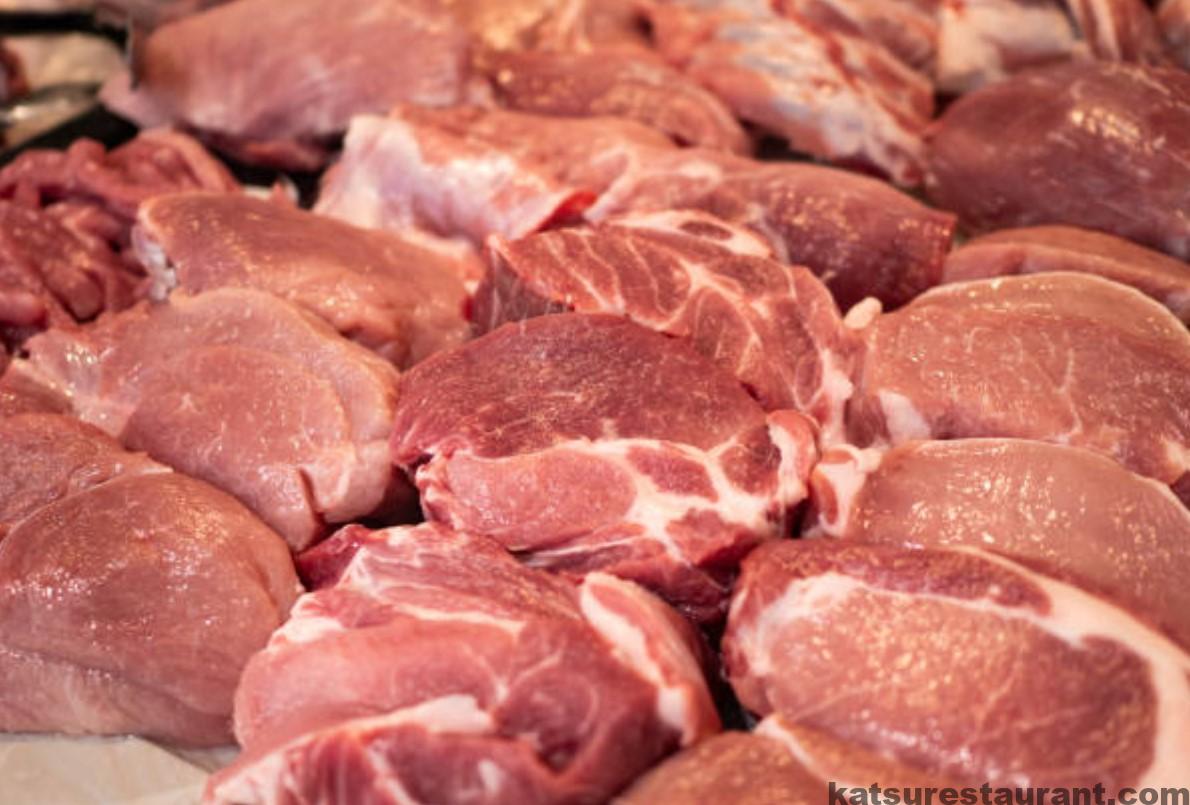
How Long Is Cooked Pork Good in the Fridge?
Cooked pork is good in the fridge for up to four days. Once cooked, always store it in a clean, airtight container and place it in the refrigerator as soon as possible after cooking. If you plan on eating your pork within three or four days, then storing it in the refrigerator is perfectly safe!
How Long Is Raw Pork Good in the Fridge?
Raw pork is good in the fridge for up to three days. Always store it in a clean, airtight container and place it in the refrigerator as soon as possible after purchase. Try to use your raw pork within two or three days of buying it; this will ensure that it’s still fresh and safe when you’re ready to cook!
Cooked pork is good in the freezer for up to four months. Whenever you’re ready to eat it, allow your cooked pork to thaw in the refrigerator overnight before reheating and consuming. For best results, try to use your cooked pork within two or three months
How Long Is Cooked Pork Good in the Freezer?
Cooked pork is good in the freezer for up to six months. Freezing your cooked pork helps significantly extend its shelf life, allowing you to enjoy it at a later date without worrying about spoilage. To keep your pork safe and secure, make sure to wrap it tightly in airtight packaging such as freezer paper or aluminum foil before freezing. It’s also essential to label and date each package of pork so you can easily track when it was cooked and how long it’s been in the freezer.
Whenever you’re ready to eat it, allow your cooked pork to thaw in the refrigerator overnight before reheating and consuming. For best results, try to use your cooked pork within two or three months.
When ready to enjoy your frozen pork, make sure to thaw it in a clean refrigerator or cooler. Never leave your frozen pork at room temperature for too long as this can lead to bacterial growth and potentially cause food poisoning.
By following these tips on storing cooked pork in the fridge or freezer, you can rest assured that all of your delicious dishes will remain safe and fresh until it’s time to enjoy them! Enjoy your pork dish with peace of mind knowing that you’ve taken all the necessary steps for food safety. Bon Appetit!
Thaw Frozen Pork Carefully
If you’ve decided to freeze your cooked pork, make sure to thaw it out properly before consuming it. To safely thaw frozen pork, transfer the meat from the freezer into the refrigerator overnight or place it in a bowl of cold water. Never leave your pork out at room temperature as this could cause bacteria to form and lead to food poisoning. Also, make sure to use any thawed pork within two days, or you can refreeze it within that time frame for future use.
Following these simple steps on storing cooked pork will help ensure your delicious dishes are safe and fresh until it’s time to enjoy them! Enjoy your pork dish with peace of mind knowing that you’ve taken all the necessary steps for food safety.
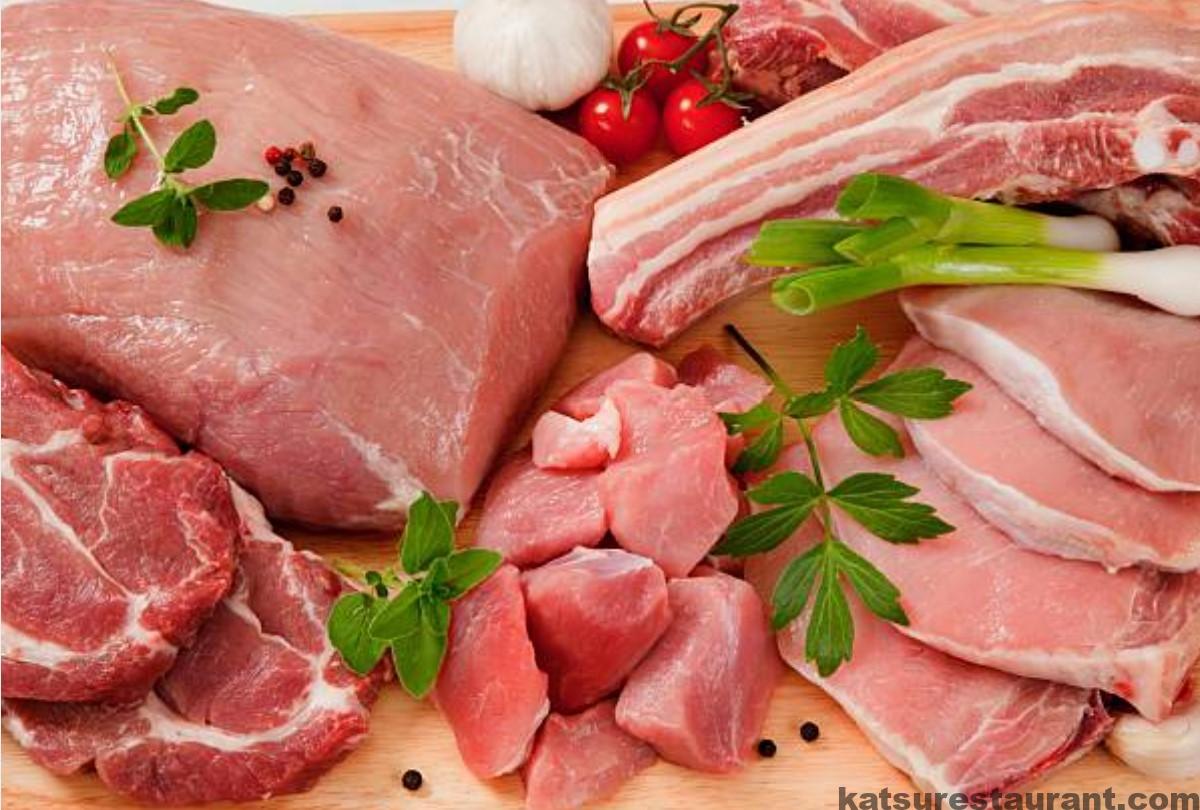
How to Store Cooked Pork So It Doesn’t Go Bad Too Soon?
When it comes to storing cooked pork, the key is keeping it properly sealed and stored in the right temperature. Make sure your cooked pork is placed in an airtight container or wrapped tightly with aluminum foil or freezer paper before being stored in the fridge or freezer. This will help keep out any moisture that might cause spoilage. You should also label and date your pork with the date that it was cooked, as this will help you keep track of how long it’s been in the refrigerator or freezer. Additionally, never leave your cooked pork out at room temperature for more than two hours as this can cause bacterial growth which could lead to food poisoning. So, always store your cooked pork according to the above guidelines and enjoy it within the recommended time frame.
Wrap Before You Store Pork
When it comes to storing pork, it’s essential to wrap the meat tightly before placing it in the refrigerator or freezer. Properly wrapping your pork with aluminum foil or freezer paper will help maintain moisture and reduce any potential contamination from other food sources. Label each of your packages with the date that the pork was cooked to ensure you’re using them within the recommended timeframe. Additionally, make sure to store your pork in its own separate compartment away from other foods to avoid cross-contamination. Following these simple steps will help keep your pork fresh and safe until it’s time to enjoy!
Store in an Airtight Container
When storing cooked pork, make sure to use an airtight container or bag. This will ensure your pork is properly sealed and protected from any bacteria or other food sources that can cause spoilage. Airtight containers also help maintain freshness, so be sure to transfer your cooked pork in a proper storage container as soon as it cools. Additionally, make sure to label and date each package of pork so you can easily track when it was cooked and how long it’s been in the refrigerator or freezer.
Store within Two Hours After Cooking
To ensure your pork is safe and tasty, store it within two hours after cooking. Leaving cooked pork at room temperature for too long can lead to bacterial growth which could cause food poisoning. Always make sure to transfer your cooked pork into a properly sealed container or wrap tightly with aluminum foil or freezer paper as soon as it cools. This will help keep your pork fresh and safe until you’re ready to enjoy it.
By following these easy tips on storing cooked pork, you can rest assured knowing that all of your delicious dishes will remain safe and fresh until it’s time to enjoy them! Enjoy your pork dish with peace of mind knowing that you’ve taken all the necessary steps for food safety.
How To Reheat Leftover Pork
To safely reheat cooked pork, use the stovetop or oven method. Place your pork in an oven-safe dish and cover it with a lid or aluminum foil. Preheat your oven to 325°F and cook for 18-20 minutes, making sure that the internal temperature is at least 145°F (use a food thermometer to double check). When reheating pork, make sure to stir it a few times during the cooking process in order ensure that it is heated evenly. After it’s done, let your pork cool before serving.
It’s important to keep an eye on your leftover pork as you don’t want it to get too hot or too cold. Use a food thermometer to ensure that the internal temperature is at least 145°F before serving.
Reheating leftover pork can be a great way to enjoy your favorite meals even after they’ve been cooked and stored. By following these simple tips, you’ll be able to safely reheat your pork dishes without any risk of foodborne illnesses. Enjoy your pork meals with peace of mind knowing that you’ve taken the necessary steps to reheat them safely.
How To Freeze Leftover Cooked Pork
Leftover cooked pork can be frozen for up to four months. To properly freeze your leftover cooked pork, transfer it into an airtight container or wrap it tightly with aluminum foil or freezer paper. Make sure to label each package of pork with the date it was cooked so you can keep track of when you stored it in the freezer. When it comes time to reheat your pork, transfer it in an oven-safe dish and cover with a lid or aluminum foil. Preheat your oven to 325°F and cook for 18-20 minutes, making sure that the internal temperature is at least 145°F (use a food thermometer to double check).
By following these simple steps for freezing and reheating leftover cooked pork, you can enjoy your favorite dishes even after storing them in the freezer. Enjoy your meals knowing that you’ve taken all the necessary precautions to ensure safe storage and reheating.
These simple steps will help keep your pork fresh and safe until it’s ready to be enjoyed. Whether you’re storing your cooked pork in the refrigerator or freezer, make sure to follow these steps for best results. Enjoy your pork dishes with peace of mind knowing that you’ve taken all the necessary safety precautions. Bon Appetit!
Keep In Mind:
• Always store cooked pork within two hours after cooking
• To reheat cooked pork, use the stovetop or oven method
• Use a food thermometer to ensure that the internal temperature is at least 145°F before serving
• Leftover cooked pork can be frozen for up to four months
• Label each package of pork with the date it was cooked so you can keep track of when it was stored in the freezer
• Make sure to stir your pork a few times during the cooking process in order ensure that it is heated evenly
• Let your pork cool before serving.
• Enjoy your meals knowing that you’ve taken all the necessary precautions to ensure safe storage and reheating.
How Do You Know Cooked Pork is Bad?
There are a few obvious signs that your cooked pork roast has gone bad. If your cooked pork chops have a sour smell, then it has definitely gone bad. If the color of your cooked pork has changed, that is also a sign that it isn’t safe to eat. If there are any visible signs of mold or discoloration, then it’s best to throw it out. Finally, if your cooked pork tastes off, then you should discard it immediately. When in doubt, always err on the side of caution.
Enjoying a delicious pork roast can be the highlight of your week, but make sure it’s fresh before you dig in! Spotting signs of spoilage is key to ensuring that what you’re eating isn’t past its expiration date. If your cooked chops have an off-putting smell or texture — like sliminess and slipperiness instead of slight dryness — then they may well have gone bad. Too much heat during cooking can also cause color changes from brownish hues to greyer tones, so look out for those as well. The presence of white stuff doesn’t necessarily indicate mold growth; more often than not this just means protein has coagulated due to overly rapid high temperature cooking methods
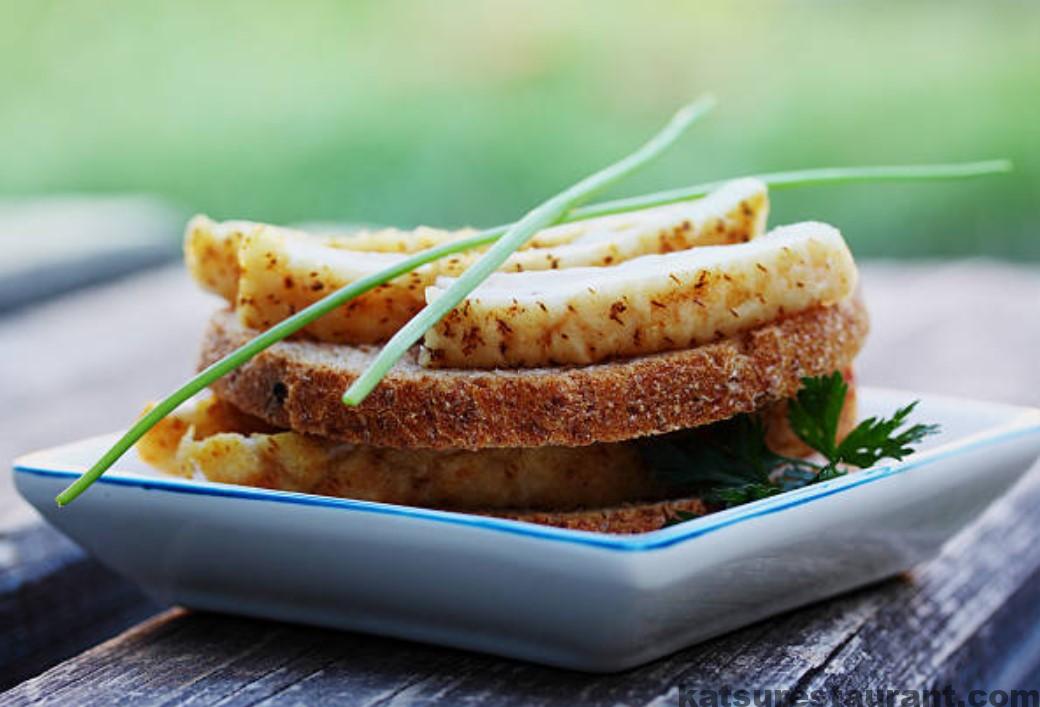
How Long Does It Take for Pork to Go Bad?
Fresh pork is one of life’s simplest and most delicious pleasures, but keeping it around for too long can lead to a nasty surprise. Decay awaits any cooked pork that lingers unrefrigerated beyond four days — ground meat you should use within 24 hours! Uncooked whole cuts are your best bet if looking for more longevity, with up to five days in the fridge before getting tossed out.
How to Reuse Leftover Pork before It Goes Bad?
If your cooked pork is just a few days old and you can’t finish it in time, don’t fret. You can easily repurpose your leftovers into new dishes that will taste just as delicious. For example, chopped-up pork loin or roast can be used as an ingredient for tacos, burritos, pot pies, casseroles and salads. You can even mix it together with other ingredients to make fried rice, stir-fries or pasta dishes. Of course, you could always cut the pork into cubes and freeze it for later use in soups and stews. No matter what your plans are, just remember to keep an eye on the expiration date of your leftovers.
Once pork has been cooked, it can last in the fridge for three to four days or in the freezer for two to six months. When stored properly, cooked pork will be safe to eat but may lose its quality and flavor over time. If you’re unsure whether your pork is still good, give it a sniff test – if it smells off, it’s best to discard it. To extend the shelf life of cooked pork, freeze it within two hours of cooking. And when reheating frozen pork, make sure it reaches an internal temperature of 165 degrees Fahrenheit before eating. By following these simple tips, you can enjoy delicious and nutritious cooked pork dishes without worry!
With proper storage, you can rest assured that your meals will be delicious as well as safe from any potential foodborne illnesses. Bon appetit!

